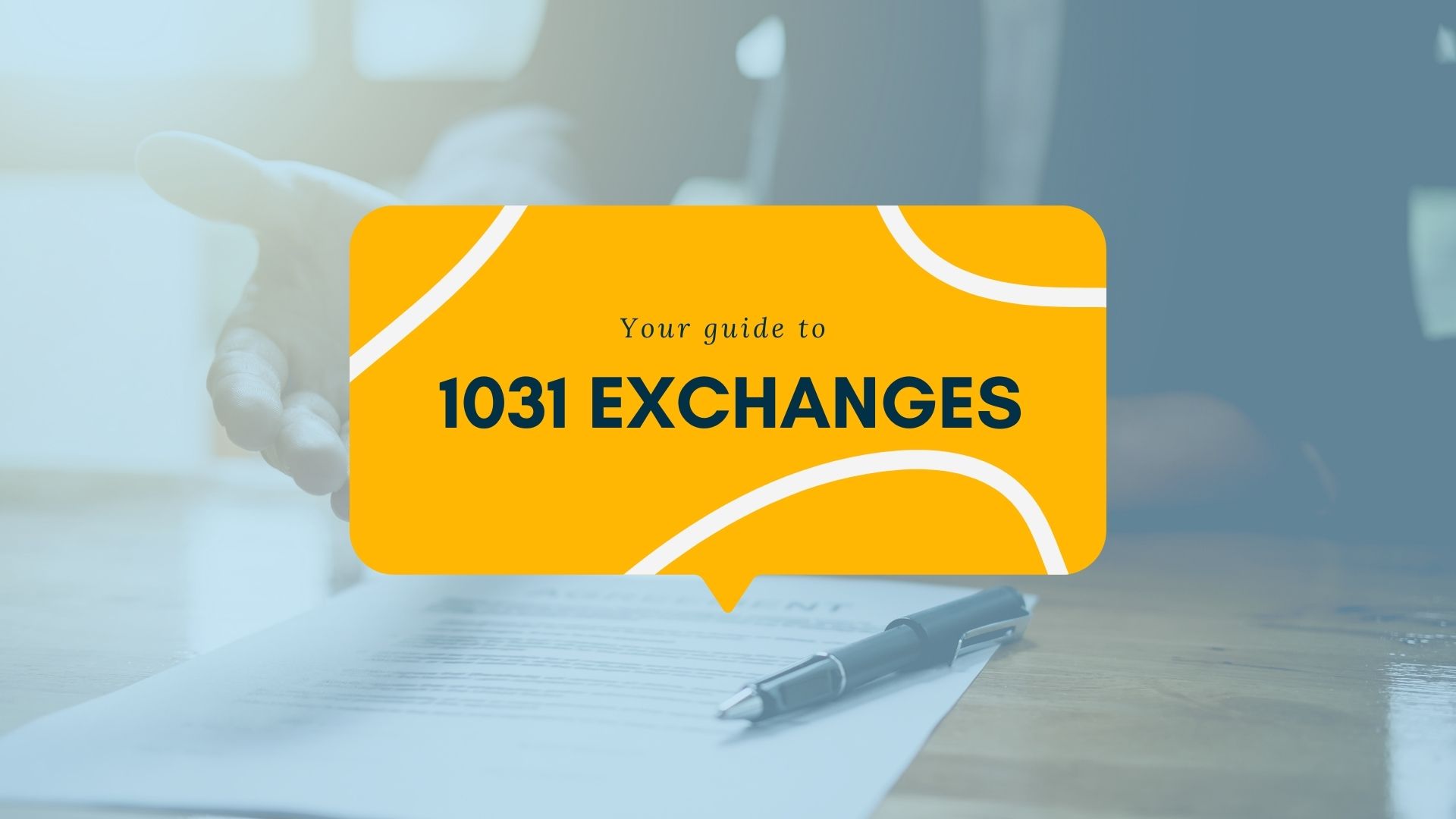Ken Holman, the Founder and President of the Overland Group, has over 40 years of experience in real estate. His perspective is different from those who have only been in the game for a few years. After weathering several financial storms, making both good and bad deals, and trying his hand at a variety of real estate assets—Ken has a lot of wisdom to share!
Ken’s Journey

Ken and Michael have worked together with the Overland Group for about five years. But Ken’s journey in real estate investing started long before that. After graduating with an MBA, Ken started working at a small financial consultancy agency, specifically with the syndication real estate arm.
After five years there, he went out on his own to start in real estate management. From there, he went to law school—not to practice, but to gain a greater understand about the legal side of real estate. Ken also moved into development and construction, wanting to work with every section of the real estate pipeline.
Today, Ken is the founder, owner, and president of the Overland Group, which is a vertically integrated real estate company made up of Overland Advisors, Overland Capital, Overland Construction, and others. He also founded NAREA (National Association of Real Estate Advisors) to help and educate real estate agents improve their skills and qualifications.
He recently came on an episode of The Executive REI Show, where we were able to do a Q&A session about his experience in commercial real estate investing.
Q: What is Ken’s experience in Commercial Real Estate (CRE)?
A: Ken started out in the syndication and financial planning business. He worked for a firm that helped him build knowledge and expertise. However, they began making aggressive projections and Ken decided to start his own firm. Since then, he’s invested in nearly every asset class, including office, industrial, retail, apartments, hotels, and more!
Q: What is Ken’s favorite thing about CRE?
A: The development side of CRE is exciting to Ken. Building something of value out of nothing is an exciting opportunity. He also loves seeing other investors create wealth through real estate.
Q: What is the best deal Ken has ever done?
A: One of Ken’s first apartment deals was a homerun. An investment company came to him and offered a price of several-hundred thousand dollars more than he was going to pay for it. Even without knowing how to raise the capital, he decided to go ahead and flip the deal, earning a nice profit.
Q: What economic downturns has Ken been through?
A: Ken has been through two downturns in his career: the 1986 Tax Reform and the Great Recession of 2008-09. The latter primarily affected homes rather than commercial real estate. Through it, Ken pivoted to other opportunities and continued to stay the course by making good deals.
- Key lesson: There are many opportunities that come during and after downturns. The important thing is to look out for them and make good deals that are not over-leveraged. Real estate is a long-term investment, so if you make a good deal, it can weather a storm.
Q: What should people know about the difference between downturns and booms?
A: Having been through both economic booms and busts, Ken knows what to look for. The most important thing is to consider what industries are doing well and which ones aren’t. For example, offices might be struggling during the pandemic-induced remote work movement. However, distribution businesses are going strong because of the increase in online shopping.
- Key lesson: Look out for what is currently doing well and invest in that. Be willing to change with the times and stay up to date on current trends.
Q: What is one of Ken’s worst real estate deals?
A: After a 40+ year career, there are bound to be some “failures.” Ken’s most notable one was when he and a partner purchased Jack in the Box franchises, which they soon noticed were losing $5,000 a month at each location. After looking into it, he realized that the paperwork they signed with the franchiser excluded some much-needed marketing funds, and they ended up having to sell it back at a loss.
- Key lesson 1: Expect “failures” and learn from them.
- Key lesson 2: Remember that every real estate transaction is tied to another business, even if it’s just a rental arrangement. There are factors that affect business that will also affect your real estate deal, so look out for both.
Q: What advice does Ken have for people looking to build wealth in a volatile market?
A: In Ken’s words, he follows Warren Buffet’s approach to investing: buy when everybody’s selling and sell when everybody’s buying. This means canvassing the market and looking for opportunities, even when the market is in a tough spot. And, despite any market conditions, follow the cardinal rules of real estate:
- Don’t over leverage.
- Have a margin of safety on the equity side.
- Keep a reasonable cash reserve.
Q: What kind of CRE does Ken invest in? What is the best CRE to invest in?
A: Ken has invested in nearly every type of CRE, pivoting and changing with the market conditions. He believes that apartments tend to be an excellent investment, especially on the development side when you can create something amazing. He also believes that industrial and self-storage are good asset classes to invest in.
Q: What is a CRE mistake to avoid?
A: Ken cautions against thinking all types of real estate are the same. Make sure you learn everything you can before taking on something new and consult with experts in the area.
Make sure to check out Ken’s interview episode on the podcast HERE. And if you want to connect with him personally, feel free to send him an email at kholman@overlandcorp.com.



